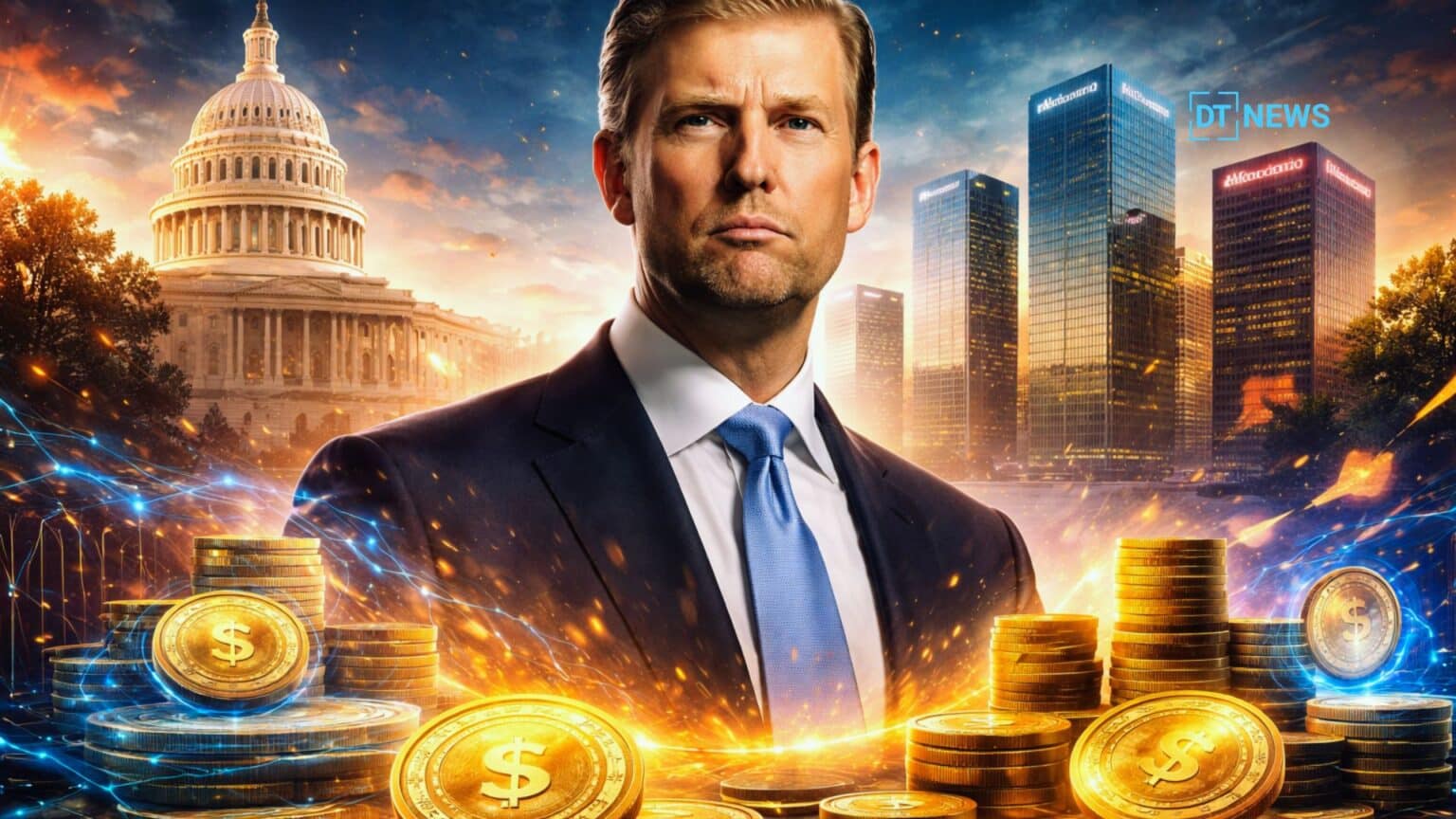Kraken Wins Limited Fed Access to Settle U.S. Dollar Payments
This article was first published on Deythere. Kraken said its Wyoming-chartered bank,…
Clarity Act 2026 Odds Jump to 72% After Trump Endorsement
The odds for the Clarity Act 2026 have improved after President Donald…
Binance Targets Five New Asia Licenses Amid APAC Crypto Growth
Binance Asia licenses are becoming a focal point in the global crypto…
Altcoin Stress Hits Extreme Levels as 38% Near Record Lows
This article was first published on Deythere. In the parts of crypto that…
Bitcoin Stability Contrasts With Ether and Solana Declines Amid Mideast Stress
This article was first published on Deythere. Crypto market began the week on…
Bitcoin Price Surges 6% Towards $70K as CME Premium Jumps
Bitcoin price surge set the direction at the start of Monday’s U.S.…
Uniswap Wins Lawsuit as Court Rejects Scam Token Liability Claims
This article was first published on Deythere. The long running Uniswap lawsuit…
How Ethereum Price Prediction Turns Critical After 6 Losses
Ethereum price prediction has become one of the most searched topics in…
Senate Housing Bill Adds Retail CBDC Ban With 2030 Sunset
This article was first published on Deythere. A bipartisan U.S. Senate housing package…
Crypto Market Sell-Off: Geopolitics, Liquidations and $500M Fallout
This article was first published on Deythere. Crypto market sell-off marked a challenging…








































